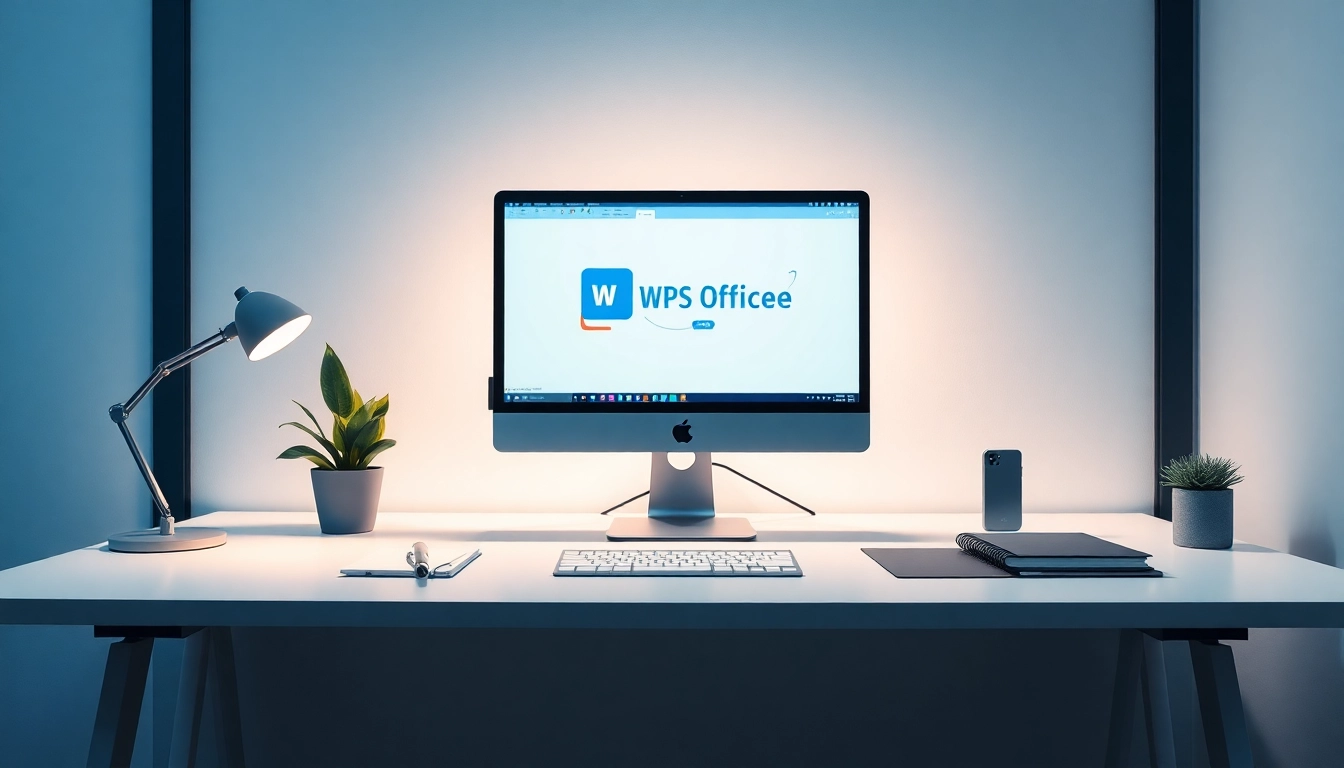Understanding Computer Recycling Newbury
As technology evolves rapidly, old computers become obsolete, leading to a mounting challenge in managing electronic waste. computer recycling newbury addresses this challenge by providing effective solutions for disposing of outdated electronics. Effective computer recycling not only safeguards the environment but also promotes sustainability by recovering valuable materials.
What is Computer Recycling?
Computer recycling refers to the process of collecting, refurbishing, and processing unwanted computers and their components in an environmentally friendly manner. This process involves various steps: collection, sorting, dismantling, and finally, the recycling of recyclable materials such as metals, plastics, and glass. Proper recycling channels ensure that hazardous materials, like lead and mercury commonly found in electronic devices, are managed safely and responsibly.
Importance of Recycling Electronics
The critical importance of recycling electronics cannot be overstated. With millions of gadgets being discarded annually, electronic waste (e-waste) has emerged as one of the fastest-growing waste streams worldwide. Failing to recycle e-waste poses severe environmental hazards. Harmful substances can leach into the soil and water supplies, threatening ecosystems and human health. By recycling electronics, we’re not just minimizing waste; we’re also conserving natural resources and reducing energy consumption associated with the production of new devices.
Local Regulations and Guidelines
In Newbury, strict regulations govern the disposal and recycling of electronic waste. These laws are in place to ensure that potentially hazardous waste is managed safely. Residents and businesses must adhere to local guidelines, which often stipulate that e-waste cannot be thrown in standard landfills. Instead, it must be taken to designated recycling facilities or events that comply with environmental regulations. Understanding these local laws is essential for responsible disposal, promoting a community that prioritizes sustainability and safety.
Benefits of Computer Recycling Newbury
Engaging in computer recycling provides numerous benefits that extend beyond simple waste reduction, encompassing environmental, economic, and community impacts.
Environmental Advantages
The foremost benefit of recycling computers is its positive impact on the environment. Each recycled computer prevents hazardous materials from entering landfills, thus protecting the environment from toxins that can leak into the ground and water. Moreover, recycling conserves natural resources by reducing the need to mine for new raw materials. According to estimates, recycling one million laptops saves the energy equivalent to the electricity used by 3,500 homes in a year.
Economic Benefits of Recycling
Aside from environmental benefits, recycling programs contribute significantly to local economies. By investing in recycling initiatives, communities often see job creation in the recycling sector, along with ancillary benefits for local businesses. Furthermore, recycled materials can be sold and repurposed, creating new revenue streams. The process of recycling also tends to be less energy-intensive than traditional manufacturing processes, leading to lower operational costs over time.
Community Impact of Responsible Disposal
Computer recycling fosters a sense of community responsibility. Local initiatives often encourage residents to participate in recycling events, which not only educate them on the importance of e-waste disposal but also foster social interaction. These events may also benefit local nonprofits that receive refurbished computers, bridging the digital divide and providing essential resources to those without access to technology.
How to Effectively Recycle Your Computers
Recycling computers effectively requires a proactive approach from the individual or organization disposing of their electronic waste. Here’s a guide to navigating the recycling process proficiently.
Preparing Your Old Computer for Recycling
Before recycling your computer, it’s essential to prepare it properly. This process begins with backing up any necessary data and then thoroughly erasing personal information to protect your privacy. Utilizing data wiping software can ensure that no recoverable data remains on the device. Once the data has been cleared, you can proceed to dismantle the computer as needed, removing components that can be recycled separately, like batteries or RAM modules.
Finding Local Recycling Centers
Locating a nearby recycling center is crucial in the recycling process. Many municipalities provide designated drop-off points for e-waste. It’s beneficial to research local businesses that specialize in computer recycling, as they often offer safe and responsible disposal methods. Additionally, several organizations hold periodic collection events specifically for e-waste, providing convenient opportunities for residents to recycle their old devices.
Donation vs. Recycling: Making the Right Choice
Individuals often grapple with the decision to donate or recycle their old computers. Donating is a fantastic option for devices that still function well, as it extends the computer’s life and provides valuable resources to those in need. However, if a computer is broken or outdated beyond use, recycling becomes the more responsible option. Assess each device’s condition carefully to determine the most suitable course of action.
Common Myths About Computer Recycling Newbury
Despite the clear advantages of computer recycling, several myths persist that can prevent people from participating. It’s important to debunk these misconceptions to encourage responsible recycling behavior.
Myth 1: All E-Waste is Dangerous
While it is true that some e-waste contains harmful materials, not all electronic devices pose significant danger when disposed of correctly. Effective recycling centers are equipped to handle hazardous materials in compliance with safety standards. Thus, the actual risk associated with e-waste can be mitigated through proper recycling practices.
Myth 2: Recycling is Expensive
Many people believe recycling costs too much to justify the effort. However, various local recycling programs offer these services at low or no cost. Companies often realize the long-term savings associated with recycling, such as conserving resources and avoiding penalties for improper disposal.
Myth 3: Recycling is Complicated
Some individuals perceive the recycling process as overly complicated. In reality, recycling is often straightforward, especially when local organizations actively promote easy recycling options. Additionally, most recycling centers offer clear guidance on how to prepare computers for recycling.
Frequently Asked Questions About Computer Recycling Newbury
What types of electronics can be recycled?
Most electronics can be recycled, including computers, laptops, monitors, printers, and mobile devices. It’s crucial to check with your local recycling center for specific guidelines.
How can I ensure my data is secure before recycling?
To secure personal data, back up important files and use data-wiping software to erase your information. Physical destruction of hard drives is another secure option.
Are there fees associated with computer recycling?
Many recycling centers provide their services for free, but some may charge a small fee for specific components. It’s best to inquire beforehand for clarity.
Where can I find free recycling events?
Local government websites often promote free recycling events, and community centers may host periodic e-waste collection days. Checking local announcements is recommended.
What happens to my computer after recycling?
After recycling, your computer is usually disassembled, and its parts are sorted for reuse or recycling. Hazardous materials are handled following strict environmental regulations to ensure safety.




